At science tales we help our clients explore, connect and understand complex scientific topics.
At science tales we prioritize effective scientific communication. With an unwavering enthusiasm for the potential of science, we help researchers from biotech and academia bridge the gap to their audiences. We know how to deliver clear and engaging messages to investors, funding agencies, and the media.
Learn how to amplify the impact of your science by finding the right message.
BAckground
“Communicating complex science clearly ”
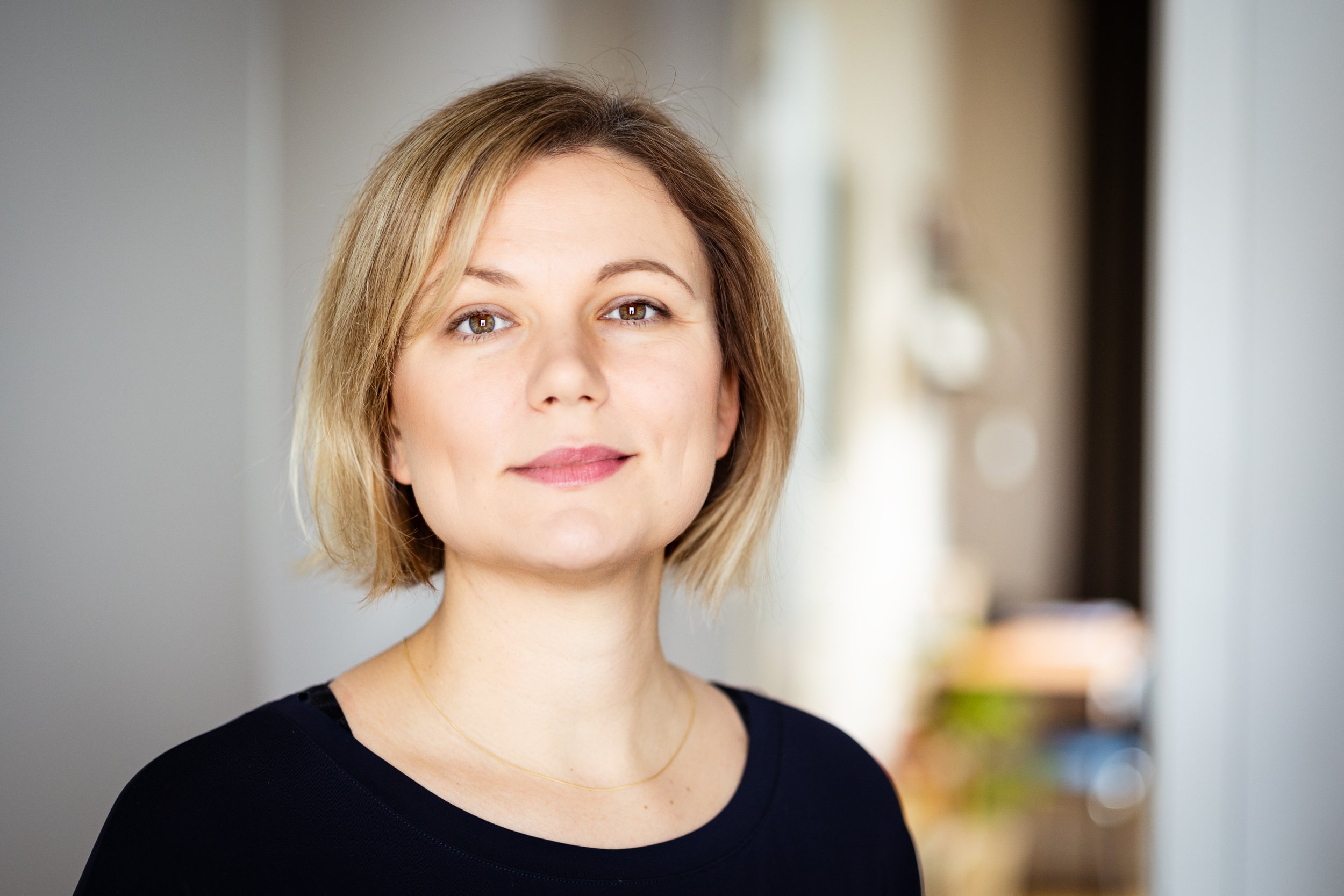
Louise von Stechow analyzes the trends of the life sciences at the interfaces of pharmaceutical research, biotechnology, and health as a speaker, author, podcaster, and consultant.
Louise von Stechow received a Diploma in Biology from the University of Frankfurt and a PhD from the University of Leiden in the Netherlands. After a Postdoc at the Novo Nordisk Foundation Center for Protein Research at the University of Copenhagen, Louise started to work as a Science Writer, a Consultant for the Biopharma Industry with The Healthonauts, a Keynote Speaker for the Zukunftsinstitut and a University lecturer.
Contact: louisevonstechow@gmail.com
Consulting: Dr. Louise von Stechow (thehealthonauts.com)
Keynotes: Dr. Louise von Stechow (zukunftsinstitut.de)
LinkedIn: Louise von Stechow | LinkedIn
Yoututbe: The BioRevolution Channel
For Episode 37 of the BioRevolution podcast, Andreas Horchler and Louise von Stechow are joined by joined by Julian Beimes, AI in MedTech expert at idalab, to explore how Artificial Intelligence (AI) is transforming the MedTech industry, from AI-powered imaging to smart diagnostics and remote monitoring.
For Episode 36 of the BioRevolution podcast, Andreas Horchler and Louise von Stechow are joined by Lia Carlucci, CEO of Food campus Berlin to discuss the future of food from alternative proteins and personalized nutrition and how the technologies of the BioRevolution, such as genomics and glucose sensing can aid those efforts.
For Episode 35 of the BioRevolution podcast, Andreas Horchler and Louise von Stechow are joined by idalab founder Paul von Bünau to discuss leadership in the age of AI, touching on the potential of AI for biotech and how leaders can adapt processes and help their staff adapt to the new challenges that AI will bring and dive into the question if AI has the potential to make us better leaders.
For Episode 33 of the BioRevolution podcast, Andreas Horchler and Louise von Stechow are joined by CTO and co-founder of Berlin-based biotech LUCID Genomics, Dr. Hossein Moeinzadeh, to discuss the exciting field of non-coding DNA and how LUCID’s AI algorithm can help make sense of non-coding DNA — and how this could improve diagnoses of rare diseases and beyond.
After a decades-long hiatus, research on psychedelics as a treatment for psychiatric diseases is experiencing a renaissance—and initial results look promising.
In the newest episode of the BioRevolution podcast, Andreas Horchler and Louise von Stechow discuss the history, the promise, and the risks of psychedelics as treatments for psychiatric diseases with neuroscientist, psychedelics expert, and executive coach Galyna Pidpruzhnykova
The value of facts and evidence-based science seems to be increasingly questioned by those in power and by those in control of assets. If those who make laws and regulate science don’t see evidence and consensus as reliable resources anymore, what will become of progress in biomedicine, which feeds innovation in biotech, pharma, and medicine?
In episode 31 of the BioRevolution podcast, Andreas Horchler and Louise von Stechow explore various use cases for AI in biotech—from discovery to clinical development, from chemistry to biology, and from data-centric to algorithm-centric AI strategies—trying to assess where the biggest payoff will be.
In episode 30 of the biorevolution podcast Andreas Horchler and Louise von Stechow talk about the human need for self-improvement. We discuss how modern biohacking practices, from diet regimens, to cold exposure, to supplements and DIY cognitive behavioral therapy, dopamine fasting and cortisol detox are entering the mainstream via social media influencers and podcasts and which of those are actually useful for feeling better about ourselves.
In episode 29 of the biorevolution podcast Andreas Horchler and Louise von Stechow talk about the science of stress and so-called cortisol detox practices. Cortisol is an important stress hormone that regulates many physiological and pathological processes. Chronic deregulation of cortisol can lead to disease. However, while modern humans are indeed very stressed, cortisol detox practices aren’t necessary and might induce more stress than they relieve.
In episode 28 of the biorevolution podcast Andreas Horchler and Louise von Stechow talk about the science communication. Scientists often need to get our message out, during a pitch, a presentation at a scientific conference or in a grant application. To engage your audience, scientists can take a lead from the story telling principles used in fiction. In this episode we discuss story telling techniques drawing on sources such as Lisa Crohn’s story genius and Ted talks and translate those to scientific communication.
In episode 27 of We’re doomed, We’re saved , the bio revolution podcast Andreas Horchler and Louise von Stechow talk about the potential of Artificial Intelligence (AI) in drug discovery and development. The pharma industry is struggling with high development costs and failure rates. Can AI help to overcome those challenges, and what is hype and what is reality?
In episode 26 of We’re doomed we’re saved we talk about the future trends in medicine, such as technologization, virtualization, predictive orientation and patient centration. These trends are corroborated by new technologies, such as artificial intelligence (AI), telemedicine, wearable devices and smart sensors.
Listen to We're doomed, We're saved, the bio revolution podcast with Andreas Horchler and Louise von Stechow here.
In episode 25 of We’re doomed we’re saved we talk to idalab founder and mathematician, Paul von Bünau we discuss the promise and challenges of Large Language Models (LLMs) in the biomedical field and ask the question if we can ever stop them from hallucinating.
Rare or orphan diseases affect only a small percentage of the population and often lack effective treatments. While rare individually, in total, more than 350 million people worldwide live with rare diseases. Many of these are very hard to diagnose, let alone cure, and the rarity of patients challenges the development of novel treatments.
To make the development of drugs for rare diseases more efficient and successful, artificial intelligence (AI) could be an important ally not only for drug makers but also for patients.
A revolution driven by novel biotechnologies (gene editing, neuroprosthetics, synthetic biology, and artificial intelligence in biotech) has the potential to not only change the way we live but the very foundations of our lives – our biology.
But is the so-called biorevolution a real "scientific revolution"?
In the new episode of "We're Doomed, We're Saved," Andreas Horchler and Louise von Stechow look at the biorevolution from different angles, examining its transformative potential and comparing it to revolutions that came before.
Polygenic risk scores (PRS), put simply, look at gene variants across the human genome in order to determine an individual's risk of getting a disease, from different types of cancer to type II diabetes. PRS could complement current risk prediction models and lead to a more accurate risk prediction.

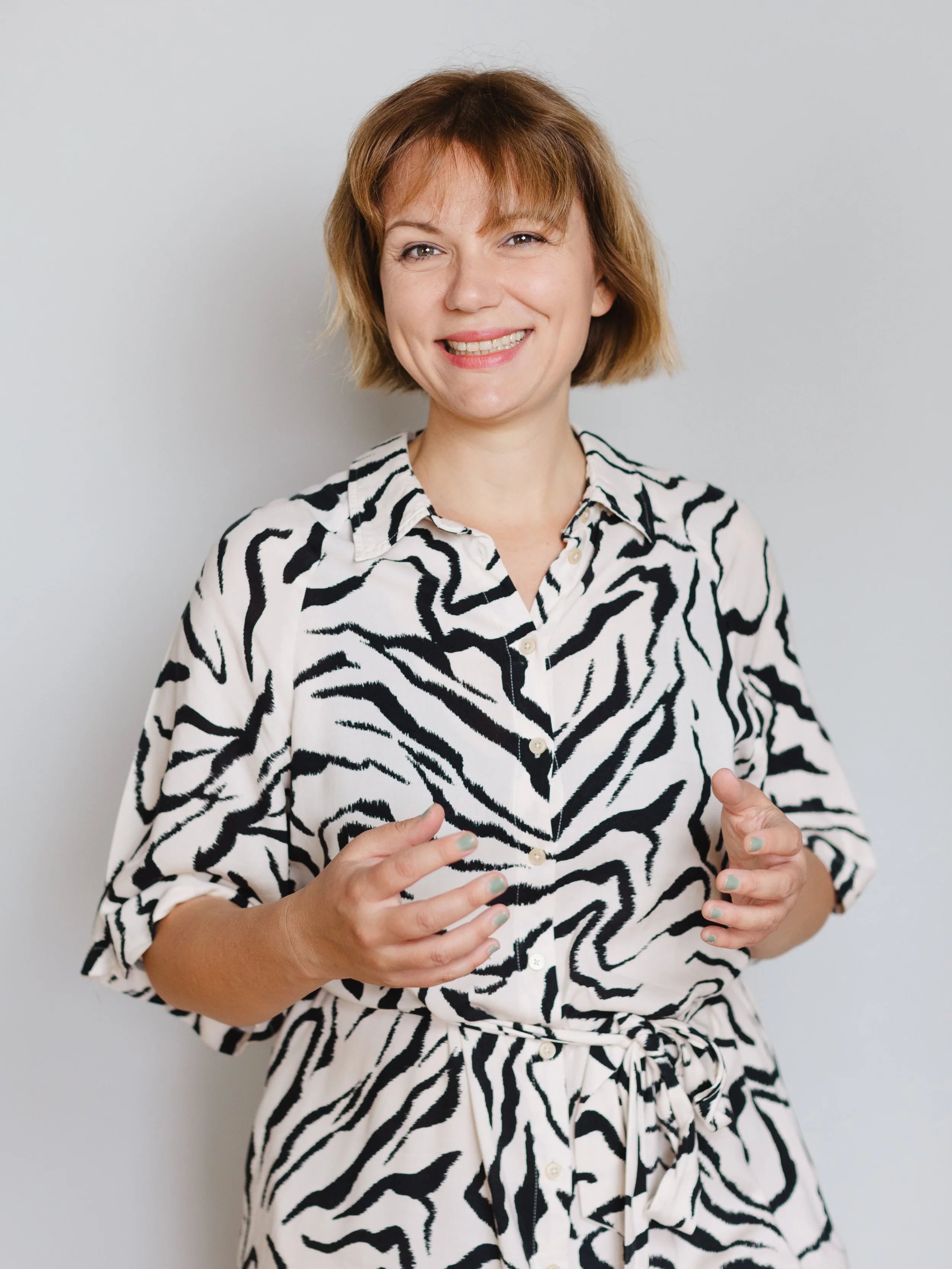

















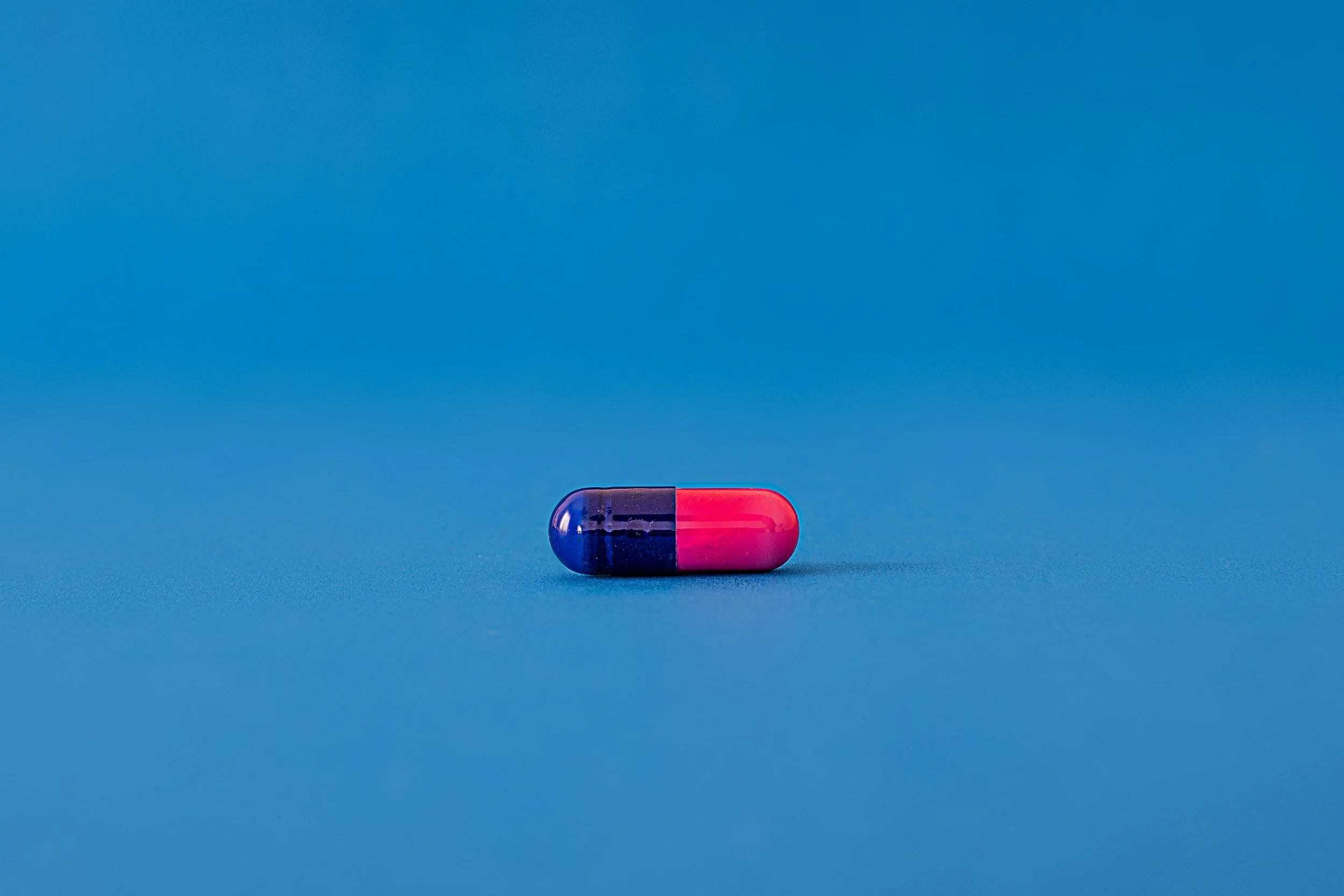



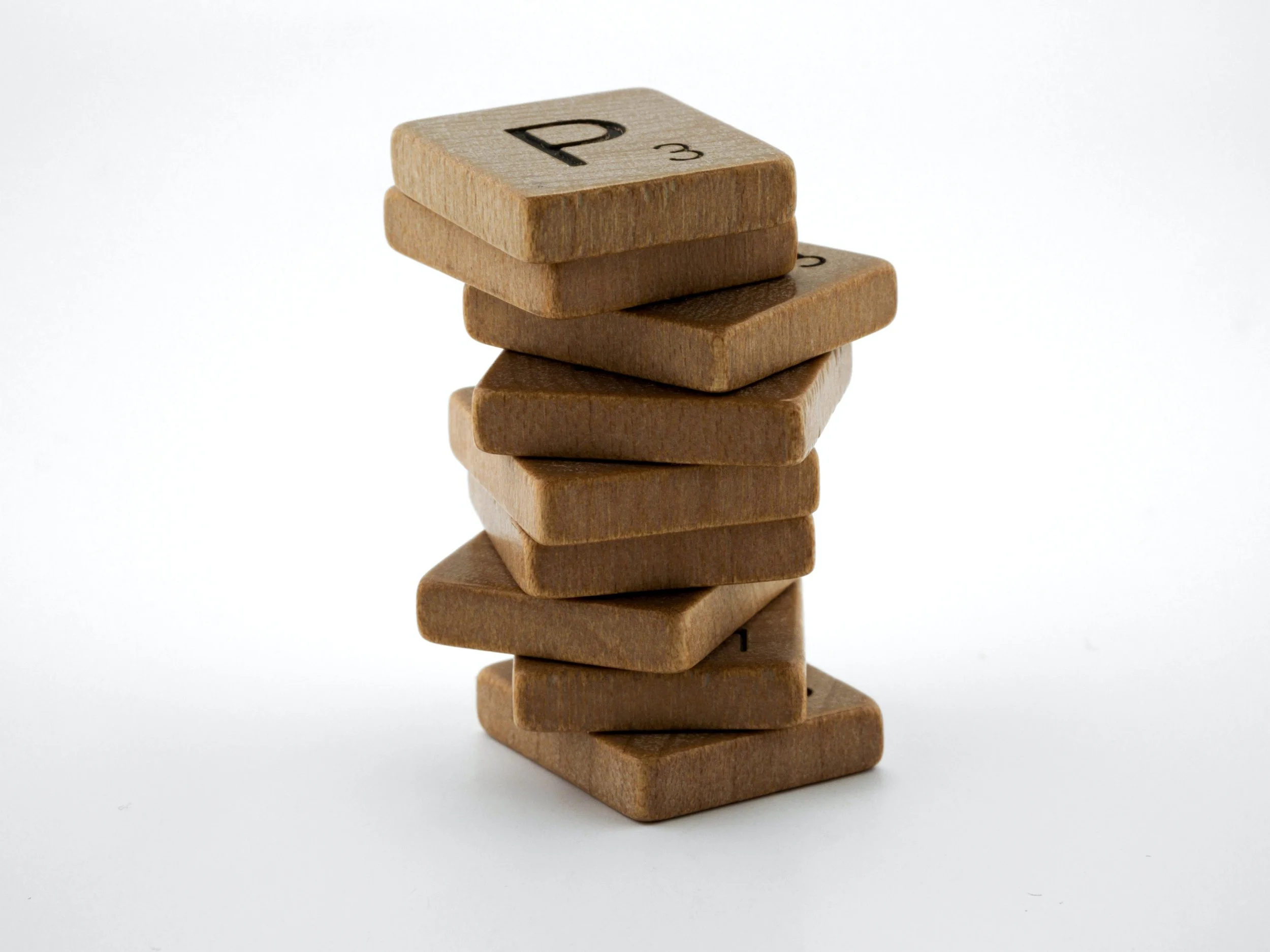
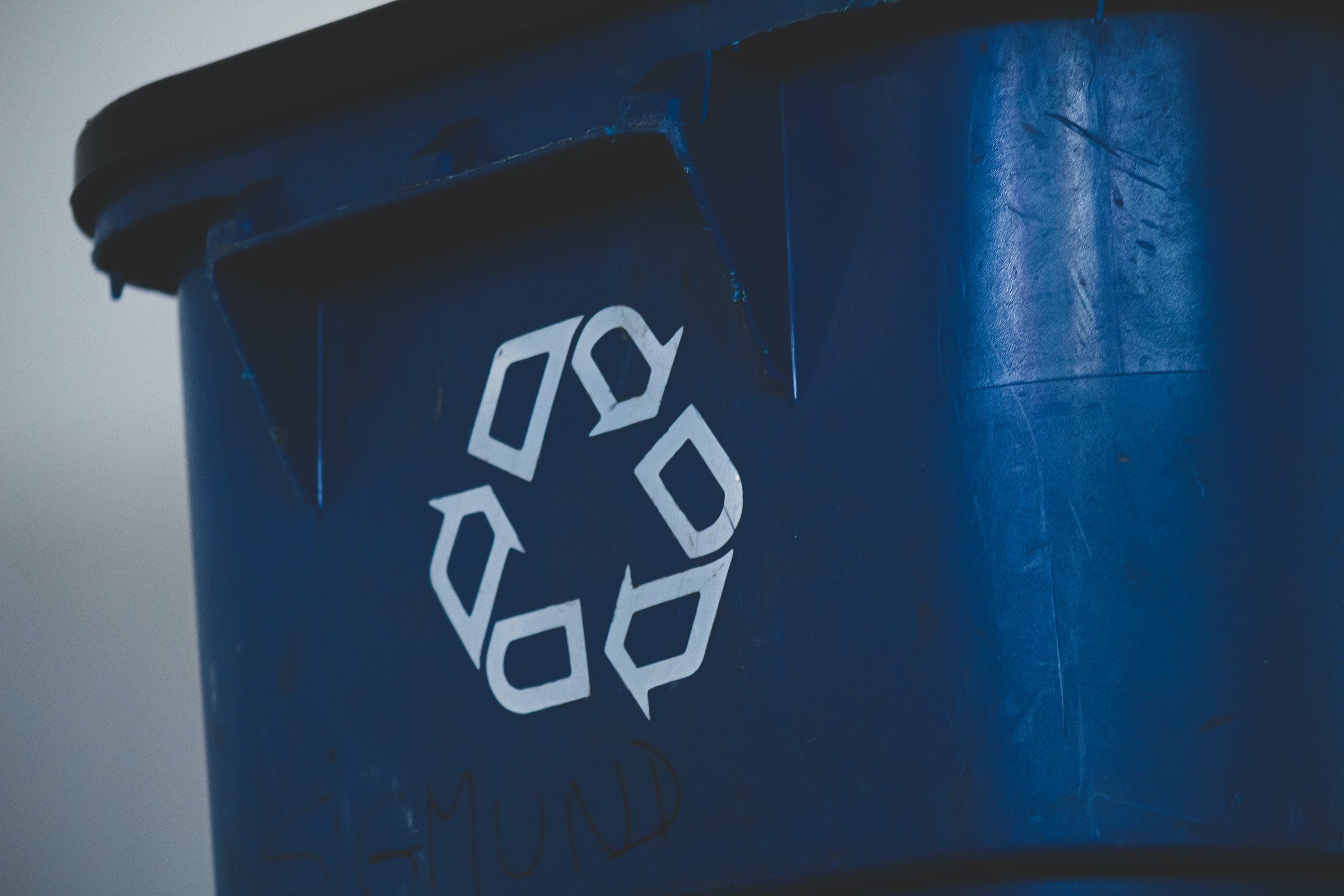






For Episode 38 of the BioRevolution podcast, Andreas Horchler and Louise von Stechow discuss the benefits and challenges of AI co-scientists, which can condense the work of weeks, months, or even years of reading, debate, and hour-long lab meetings into minutes.
Researchers at Stanford University and Google DeepMind have released multi-agent AI “scientist” systems. But how good are they, really, and will they overcome current limitations of large language models like OpenAI’s GPT or Google’s Gemini—such as the lack of robust reasoning capabilities, which are crucial for scientific discovery?